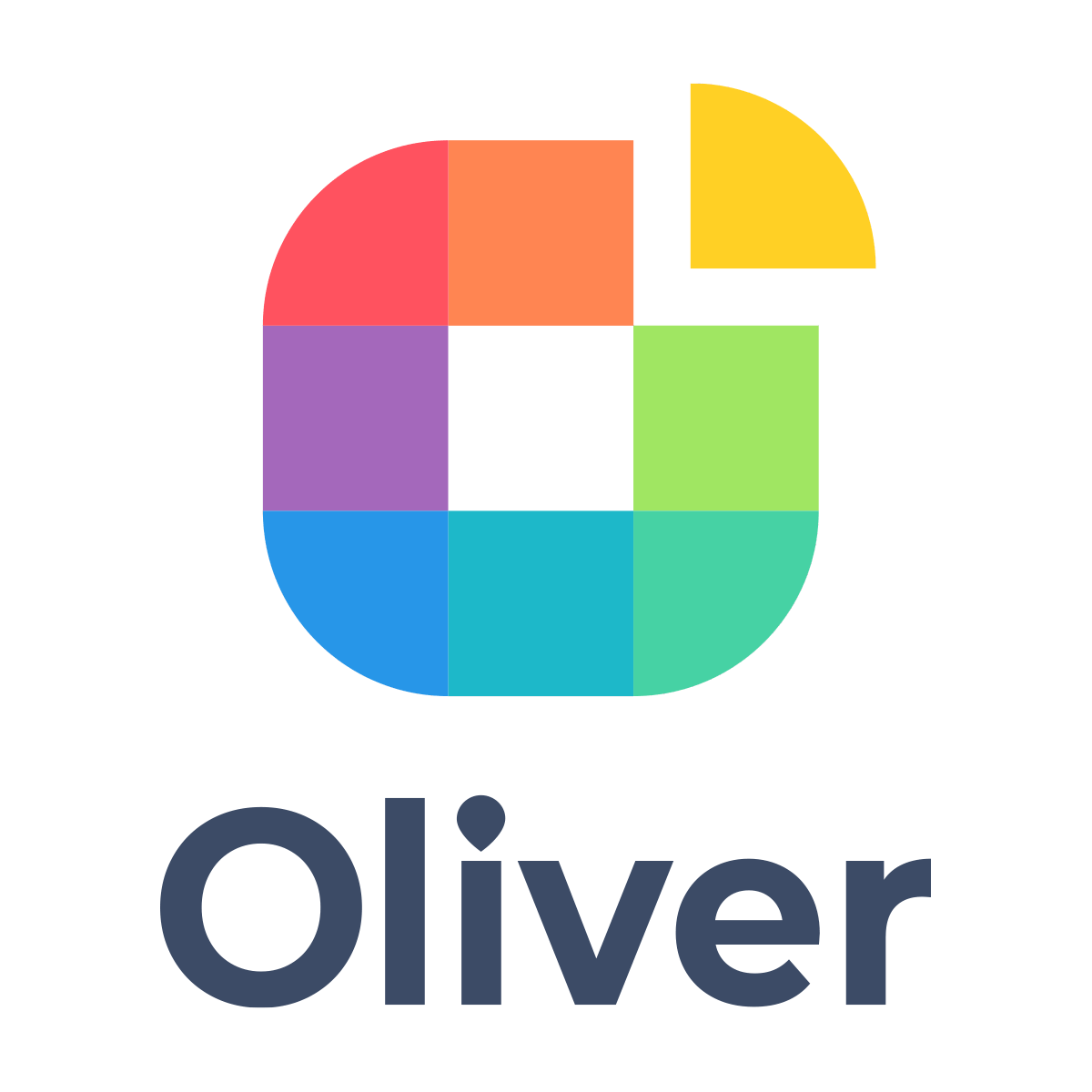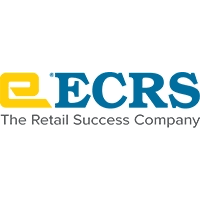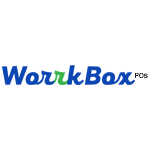Description

Oliver POS

RetailbeanLite
Comprehensive Overview: Oliver POS vs RetailbeanLite
Oliver POS and RetailbeanLite are both point-of-sale (POS) systems that cater to different segments within the retail market. Here is a comprehensive overview of each, addressing the specified areas:
a) Primary Functions and Target Markets
Oliver POS
Primary Functions:
- Integration with WooCommerce: Oliver POS is designed to integrate seamlessly with WooCommerce, allowing online store managers to manage their physical sales and online inventory in one unified system.
- Cloud-Based System: Enables real-time data synchronization and access from any device.
- Customer Management: Offers features like customer profiles and loyalty programs.
- Inventory Management: Provides tools for tracking stock levels, managing inventory across multiple locations, and setting up alerts for low-stock items.
- Reporting and Analytics: Includes detailed sales reports and insights to help businesses make informed decisions.
Target Markets:
- Primarily targets small to medium-sized businesses (SMBs) using WooCommerce, particularly in the retail sector.
RetailbeanLite
Primary Functions:
- Omni-Channel Retail Solution: Supports sales across various channels, including physical stores and online platforms.
- Inventory and Supply Chain Management: Offers comprehensive solutions for tracking inventory and managing supply chains.
- Customer Relationship Management (CRM): Integrates CRM tools to improve customer engagement and satisfaction.
- Mobile POS and Billing Solutions: Allows businesses to conduct sales transactions via mobile devices.
- Reporting and Analytics: Features detailed analytics for better decision-making and business insights.
Target Markets:
- Aimed at growing retail businesses that require efficient management of their operations across multiple sales channels.
b) Market Share and User Base
Comparing market share and user base for Oliver POS and RetailbeanLite can be challenging due to varying levels of publicly available data and different market focuses. Here's a general take:
-
Oliver POS: Its deep integration with WooCommerce makes it popular among small and medium-sized WooCommerce store owners who want a cohesive online and offline sales system. While it captures a niche market, its user base may be more limited compared to broader POS solutions.
-
RetailbeanLite: This product has wider appeal due to its comprehensive features tailored for omni-channel retailing, thus potentially attracting a more diverse range of retail businesses. However, its market share is more likely in the growing stage since it caters to businesses looking to upscale rather than remaining focused on a specific eCommerce platform like Oliver POS.
c) Key Differentiating Factors
-
Platform Integration:
- Oliver POS is specifically designed for WooCommerce users, offering a seamless extension of an online store’s capabilities into the physical retail environment.
- RetailbeanLite is platform-agnostic with broader omni-channel capabilities, not tied to a specific eCommerce platform, which makes it suitable for diverse retail environments.
-
User Focus:
- Oliver POS targets small to medium businesses primarily operating on WooCommerce, making it highly specialized but limited in scope.
- RetailbeanLite targets retail businesses looking for an expansive solution that covers both physical and online operations, appealing to businesses that anticipate growth and diversification.
-
Feature Set:
- Oliver POS leans heavily on integrating online and offline sales seamlessly through WooCommerce, focusing on retailers who are already entrenched in the WooCommerce ecosystem.
- RetailbeanLite offers a robust set of tools beyond basic inventory and sales, including CRM and supply chain management, making it suitable for more complex retail operations.
Each system has its strengths based on its integration capabilities and target users, with Oliver POS being more specialized and RetailbeanLite offering broader retail management solutions.
Contact Info

Year founded :
Not Available
Not Available
Not Available
Not Available
Not Available

Year founded :
2013
Not Available
Not Available
India
Not Available
Feature Similarity Breakdown: Oliver POS, RetailbeanLite
To provide a feature similarity breakdown for Oliver POS and RetailbeanLite, let's look at these aspects:
a) Core Features in Common:
-
Point of Sale (POS) System:
- Both Oliver POS and RetailbeanLite offer comprehensive POS functionalities that allow businesses to handle sales transactions efficiently.
-
Inventory Management:
- Both platforms provide inventory management capabilities to keep track of stock levels, manage suppliers, and reorder products as needed.
-
Customer Relationship Management (CRM):
- Each system includes CRM tools that help businesses manage customer information and purchase histories, and engage with customers more effectively.
-
Sales Reporting and Analytics:
- Oliver POS and RetailbeanLite offer reporting features that allow users to generate sales reports, analyze data, and gain insights into business performance.
-
Integrations:
- Both solutions support integrations with popular e-commerce platforms, payment gateways, and other third-party applications to streamline operations.
b) User Interface Comparison:
-
Oliver POS:
- Oliver POS is known for its clean and intuitive user interface, which integrates seamlessly with WooCommerce. It is particularly designed with the simplicity and functionality needed for small to medium-sized businesses. The interface is user-friendly, making it easy for users who are familiar with WordPress environments.
-
RetailbeanLite:
- RetailbeanLite generally offers a more traditional POS interface with a focus on ease of use and functionality that supports the retail sales process. It is designed to support retail operations efficiently, with an organized layout that is accessible even for non-tech-savvy users.
c) Unique Features:
-
Oliver POS:
- WooCommerce Integration: Oliver POS is uniquely integrated with WooCommerce, allowing it to sync effortlessly with online stores running on this platform. This makes it a perfect choice for businesses operating in both online and offline environments.
- Customizability: Oliver POS provides customizable layouts and workflows, allowing businesses to tailor the system to match their specific operational needs.
-
RetailbeanLite:
- Retail Focus: RetailbeanLite is specifically tailored for the retail industry, offering features that cater to the detailed needs of physical retail stores.
- Vendor Management: This platform includes enhanced vendor management capabilities, which is an added advantage for users who need detailed management of their supplier engagements.
- Extensive Reporting: RetailbeanLite often offers an array of detailed reporting options that can be customized more extensively, providing in-depth analytics suitable for larger retail operations.
In summary, while both Oliver POS and RetailbeanLite offer essential POS functionalities, their unique features and user interfaces cater to different business needs. Oliver POS is well-suited for businesses using WooCommerce, while RetailbeanLite is tailored more toward traditional retail environments with a heavier focus on vendor management and extensive reporting options.
Features

Integration Capabilities
Ease of Use
Reporting and Analytics
Customer Support

Sales and Reporting
Customer Management
Employee Management
Inventory Management
Best Fit Use Cases: Oliver POS, RetailbeanLite
Oliver POS and RetailbeanLite are point-of-sale and retail management solutions designed to cater to different business needs and scenarios. Below, I'll describe the best-fit use cases for each, focusing on the types of businesses or projects they are best suited for, preferred scenarios for use, and how they cater to different industry verticals or company sizes.
Oliver POS
a) For what types of businesses or projects is Oliver POS the best choice?
-
Small to Medium-Sized Retailers: Oliver POS is particularly effective for small to medium-sized businesses that need a seamless integration with their existing eCommerce platforms, particularly WooCommerce. It serves as an excellent choice for retailers who operate both online and physical stores.
-
Businesses Prioritizing Integration: Oliver POS stands out for its integration with WooCommerce, making it ideal for businesses that are already leveraging this eCommerce platform and are looking for a POS system to centralize their sales channel management.
-
Retailers Needing Mobility: With tablet-based solutions, Oliver POS suits businesses that require flexibility and mobility on the shop floor, such as pop-up shops, events, or mobile vending environments.
-
Feature-Focused Shops: The system offers inventory management, customer management, and sales analytics, making it a good fit for retailers who need these specific functionalities without investing in a full-scale ERP system.
b) In what scenarios would RetailbeanLite be the preferred option?
-
Growing Retail Chains: RetailbeanLite is optimal for growing retail chains needing scalable solutions to manage multiple store locations. It excels in environments requiring centralized control over inventory and sales across various locations.
-
Industry-Specific Retail Environments: It is often used in niche retail segments where specialized inventory management and customer relationship management are critical components, such as fashion, electronics, or speciality goods.
-
Businesses Seeking Cloud-Based Solutions: Those prioritizing a cloud-based infrastructure can benefit from RetailbeanLite for its accessibility and real-time data synchronization across devices and locations.
-
Retailers Needing Extensive Reporting: The system provides robust reporting and analytics, helping businesses gain insights into sales patterns and inventory optimization, ideal for those looking to make data-driven decisions.
d) How do these products cater to different industry verticals or company sizes?
-
Industry Verticals:
- Oliver POS is mainly geared towards retailers integrated into the online marketplace via WooCommerce. It works well across many retail sectors but is especially beneficial for those needing seamless online-offline operations.
- RetailbeanLite, meanwhile, caters to specific retail environments like fashion, consumer electronics, or niche markets where tailored inventory and customer management are needed.
-
Company Sizes:
- Oliver POS is well-suited for small to medium-sized enterprises (SMEs), especially those that prioritize flexible, integrated solutions without needing extensive infrastructure changes.
- RetailbeanLite scales efficiently from small businesses to larger chains, giving it an edge for retail operations that anticipate growth and expansion, requiring more complex logistical support systems.
Both systems offer significant advantages depending on business needs, with Oliver POS providing simplicity and integration benefits for smaller or online-focused businesses, while RetailbeanLite offers scalability and robust management features apt for expanding traditional retail operations.
Pricing

Pricing Not Available

Pricing Not Available
Metrics History
Metrics History
Comparing undefined across companies
Conclusion & Final Verdict: Oliver POS vs RetailbeanLite
Conclusion and Final Verdict for Oliver POS vs. RetailbeanLite
When evaluating Oliver POS and RetailbeanLite, several factors should be considered, including features, pricing, usability, integrations, and customer support. Here's a breakdown based on these aspects:
Best Overall Value
Oliver POS offers the best overall value for businesses seeking a seamless integration with WooCommerce, especially for small to medium-sized retail operations. Its pricing is generally competitive, and its specialized focus on aligning with WooCommerce can lead to efficient operations for businesses heavily invested in this platform.
Pros and Cons
Oliver POS
-
Pros:
- Seamless WooCommerce Integration: Designed to work seamlessly with WooCommerce, making it ideal for existing users.
- User-Friendly Interface: Easy to set up and operate, suitable for small businesses without extensive IT resources.
- Flexible Plans: Offers a range of pricing plans that can accommodate various business sizes and needs.
- Good Support: Generally reported to have responsive customer support that can assist with setup and troubleshooting.
-
Cons:
- Limited to WooCommerce: Businesses not using WooCommerce might find its utility limited compared to broader POS systems.
- Feature Limitations: Advanced features may require higher-tier subscriptions, which could increase costs for growing businesses.
- Scalability: Best suited for small to medium enterprises; larger operations may find scalability challenging.
RetailbeanLite
-
Pros:
- Comprehensive Feature Set: Offers a wide range of features including inventory management, customer management, and detailed analytics.
- Cross-Platform Capabilities: Accessible on various devices, providing flexibility for diverse operational setups.
- Affordable Pricing: Generally offers a competitive pricing model that is accessible for startups and small businesses.
-
Cons:
- Learning Curve: May have a steeper learning curve compared to Oliver POS due to its comprehensive feature set.
- Customization Limits: May not offer the same level of WooCommerce-specific customizations as Oliver POS.
- Customer Support: While generally good, some users might experience slower response times during peak periods.
Recommendations
For users deciding between Oliver POS and RetailbeanLite, consider the following recommendations:
-
Existing WooCommerce Users: Oliver POS is generally the better choice as it is built to integrate directly with WooCommerce, providing a seamless experience for selling both online and in-store.
-
Diverse Business Operations: If your business is not tied to WooCommerce or you require a broader range of features including comprehensive inventory management and analytics, RetailbeanLite may be more suitable.
-
Budget Considerations: Carefully evaluate the pricing tiers of each product in relation to the features essential for your business. Oliver POS offers more tailored packages for WooCommerce users, whereas RetailbeanLite provides a broader feature set across tiers.
-
Scalability Needs: Consider the long-term growth of your business. If you anticipate significant expansion, ensure the chosen POS system can accommodate an increase in transaction volume and business complexity.
Ultimately, the decision will depend on your specific business needs, priorities, and existing technology stack. Both Oliver POS and RetailbeanLite offer compelling features and advantages, making them strong contenders in their niches.
Add to compare
Add similar companies




